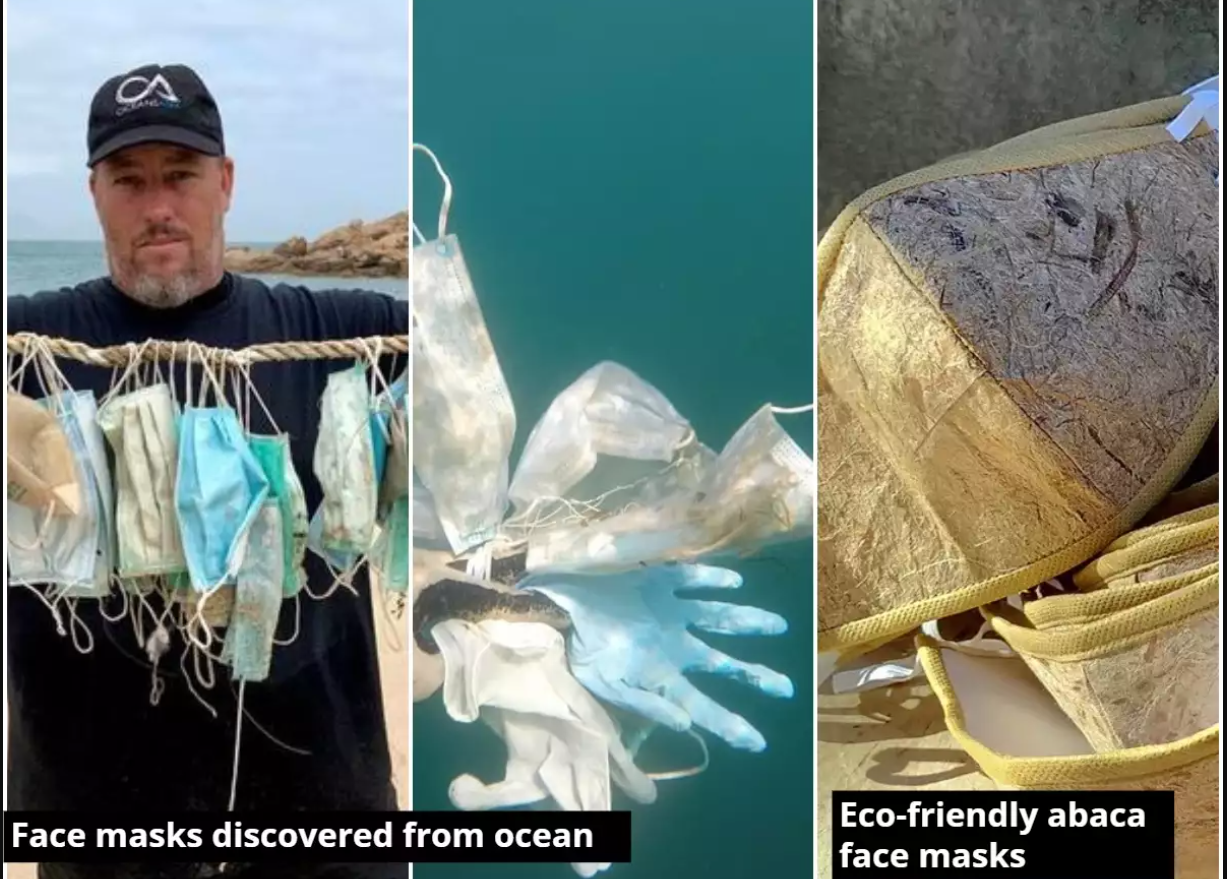With ease and precaution, comes another threat.
There have been several countries like Japan where using masks has always been a daily affair. In India, masks have found its use last year for prevention of Covid transmission.
Since then, masks have become a hot commodity. However, there are several facets of its indiscriminate use: land and water pollution, toxin release, waste management etc.
Global sales of masks will garner some $166 billion this year, up from around $800 million in 2019, according to UNCTAD.
And around 75% of the used masks end up in landfills or deep waters.
It seems like another emergency in making but there is a silver lining to it. This generation is not leaving the problem unaddressed.
Necessity is the mother of Invention and hence through technology and innovation, we are adapting to resurfacing needs.
Upon such introspection, a social entrepreneurship called Paper Seed (Mangaluru), has developed masks that contain the seeds of Tulsi and Tomato i.e., these are cotton masks holding life to a new plant when disposed.
The firm has been known for its biodegradable and seed-encapsulating rakhis, jewellery, toys etc.
“They are made from recycled rags and the inner linings are made with cotton cloth. They are thick enough to prevent infection,” Paper Seed founder and artist Nitin Vas explains.
“Masks reach the ocean, other waterbodies, and landfill sites, thus polluting the environment. Eco-friendly masks like the one having seeds will add to the growth of plants.”
Paper Seed has just produced 400 masks yet which can be used once and cannot be re-used once washed.
Demand for more: People from Chennai, Bengaluru, Madikeri etc have placed order for these masks, even calls for mass production.
These innovations helping Covid prevention might not be on par with Coco Chanel but we can’t deny that it’s a trendsetter in its own specific way.
There exists a new class of Consumers now that seeks Sustainable and ethical fashion ahead of any such usage.
But do these biodegradable masks provide protection?
According to Doctors considering the research: “While the eco-friendly face masks fulfil the eco-friendly need of it, we need more research to prove that they can protect us from the COVID-19.
Check if these eco-friendly masks block large respiratory droplets from coughs or sneezes – the primary method by which people pass the infection to others – along with smaller airborne particles, called aerosols, produced when people talk or exhale.”
Different face mask brands have taken social distancing to another level of Sustainability. Here’s how they achieve it:
Some provide the stretchable ear pieces totally made with a cotton-Lycra blend, means no synthetics involved while other may use abaca and banana leaves, avocado skin, fruit peels and papier-mâché to make face masks as well.
To fight for human rights, some are even contributing a part of their earnings to Black Friday Fund to fight against Ocean plastic.
Inclusive of Energy needs, a brand-named Synergy explains how even one of their organic face masks saves 8.8 days of drinking water and 23.8 hours of LED bulb energy.
Missions against human trafficking in Cambodia and reduction of shipping emissions is being funded by these firms.
Ostensibly, when it comes to staying safe and sustainable, people have been very demanding and this has boosted a new Industry altogether.
Addressing these compelling needs of the world, is a greater challenge but we are determined to overcome these, one by one.


